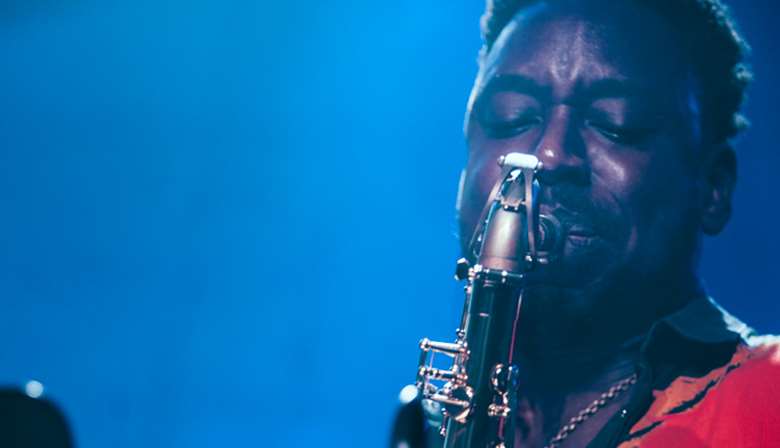Shabaka Shakes Sons Loose At Saalfelden
Wednesday, September 5, 2018
Though Jazzfestival Saalfelden might not nestle between the likes of Montreux or North Sea in terms of high profile, it's now up to its 39th edition, and has a significant reputation for adventurous programming.


Register now to continue reading

Thank you for visiting Jazzwise.co.uk. Sign up for a free account today to enjoy the following benefits:
- Free access to 3 subscriber-only articles per month
- Unlimited access to our news, live reviews and artist pages
- Free email newsletter